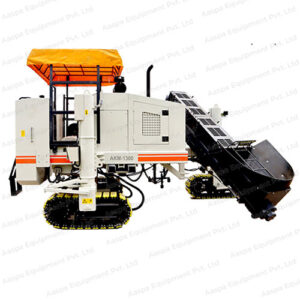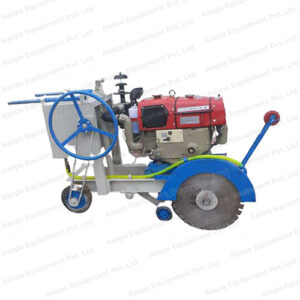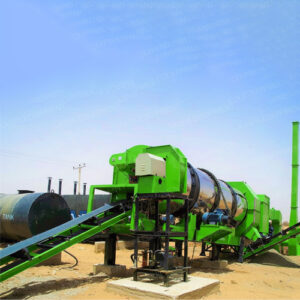Polymer Modified Bitumen Plant
Polymer Modified Bitumen
An additional requisite to bitumen and a contributing agent for road sustainability, PMB which is better known as Polymer Modified Bitumen showcases brilliance and efficiency in road construction, development and maintenance. PMB is formed by compiling polymer and rubber made modified binder for roads that are exclusively developed for easy and regular transportation of heavy traffic namely, trucks, carriers, aircrafts, Etc. The unique qualities of rigidity, resistance, crack repellant, water resistance, heat resistance and durability makes PMB an ideal product in road development. The layering of PMB improvises road resistance towards cracking, turbulence, pressure and weight that is caused due to heavy vehicles.
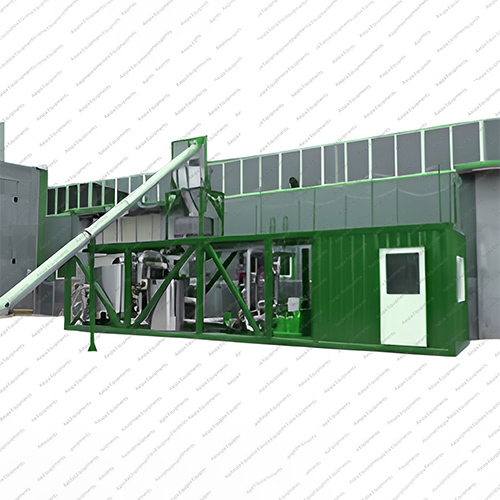
Sub Heading
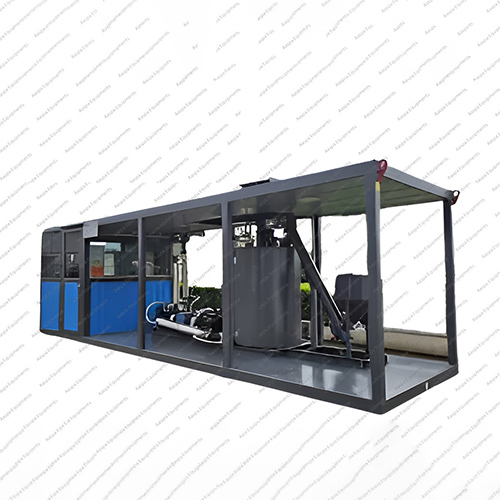
Sub Heading
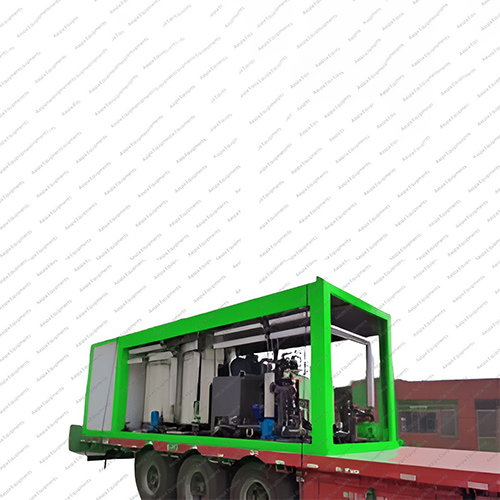
Sub Heading
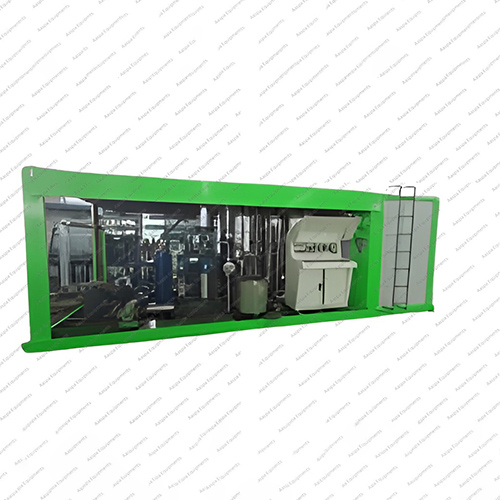
Sub Heading
Application of PMB
1. Sturdy, dynamic and strong road development, construction and maintenance for sustaining heavy vehicular movement and high volume of traffic
2. Binding layer in sealing cracks of stressed pavements
3. High loading Runway for airfield, airplanes, fighter jets, etc.
4. Roads experiencing higher amplitude in temperature levels
PMB – Modified Bitumen
• The AASPA Polymer Modified Bitumen (PMB) plant is reliable, highly efficient, compact and easy to use. It has been designed for modifying bitumen with polymers, with special focus on hot mix asphalt for road, railway, and airport building.

- The plant is specially designed for polymer modification of bitumen with a capacity up to 40ton/h (theoretical capacity, with 5% SBS granular polymer and bitumen temperature at 180°C) and is fitted into a containerized body for stronger structure and easy transportation.
- It is very flexible and can be adapted to any jobsite thanks to its special lay-out. The batch production can vary from 1 to 6 tons, and the number of passes through the mill can vary, depending on the percentage of polymer required to modify the bitumen.
• Production of hot asphalt mixes with Polymer modified Bitumen (PMB) is mandatory for
enhancing the performance of bitumen used in road, runway and racetrack applications both by
improving life expectancy and reducing maintenance levels.
• There are 4 important issues for good quality PMB: Bitumen quality, polymer compatibility (the
most used polymer is SBS), mill performance (a high quality mill with high power is fundamental
to grant the perfect blending of polymer and bitumen) and good agitation of the final product
(which is guaranteed by two agitators in each tank).
What is the process to produce PMB?
- First of all we have to prepare the raw materials before the mixing process. The bitumen is heated to 170-180°C in bitumen service tanks. Bags of pre-weighed polymer are counted and placed in proximity to the feeding screw in accordance with the productions specs. At this point, production of PMB with the mudflat 20 plant is ready to begin.
- The bitumen is pumped from service tanks to T1 or T2 (weighing & mixing tanks) via P1 (filling pump) according to required batch weight. After the minimum batch quantity has been transferred to the weighing tanks, the polymer metering systems are started up and the operator begins to load the bags into the designated hoppers.
- The operator confirms via push-buttons that all the polymer has been loaded according to specs and batch quantity.
- The bitumen weight is checked by the PLC control system according to specifications/batch quantity. If the polymer quantity has not been fully loaded by the operator, the PLC stops the filling operation of the P1 pump and waits for polymer confirmation. When the exact amount of polymer has been confirmed, the PLC automatically completes the tank weight to the total of bitumen + polymer. For improved disintegration of the polymer in the bitumen with the high shear mill, the polymer and bitumen mixtures have to be pumped to the mill without waiting. When all bitumen and polymer is loaded into the tank, the PLC starts to pump out the two components via P2 (mill feeding pump) and D (high shear mill) to the PMB service tanks. The quality of the mill is essential for ensuring a high quality final product and, for this reason, a 160 kW high shear mill is advisable, which guarantees the production of modified bitumen with just a single-passage modification process (for high percentages 2 passes are recommended).
- Under PLC surveillance, while P2 pumps out existing bitumen-polymer mixture, P1 fills the other tank for the next batch. These stages are automatically repeated to the end of the modified bitumen production process.
- Storage: PMB blends must be stored in special PMB agitation tanks. To prevent polymer agglomeration, a stirring system is operated for 5-10 minutes every hour. To improve the stability of the blend, the tank content must be maintained at a temperature of 160-180°C. PMB must be heated to the correct mixing temperature for the hot asphalt mix, and during asphalt production PMB should be stirred continuously by the agitators or at least kept in recirculation.


